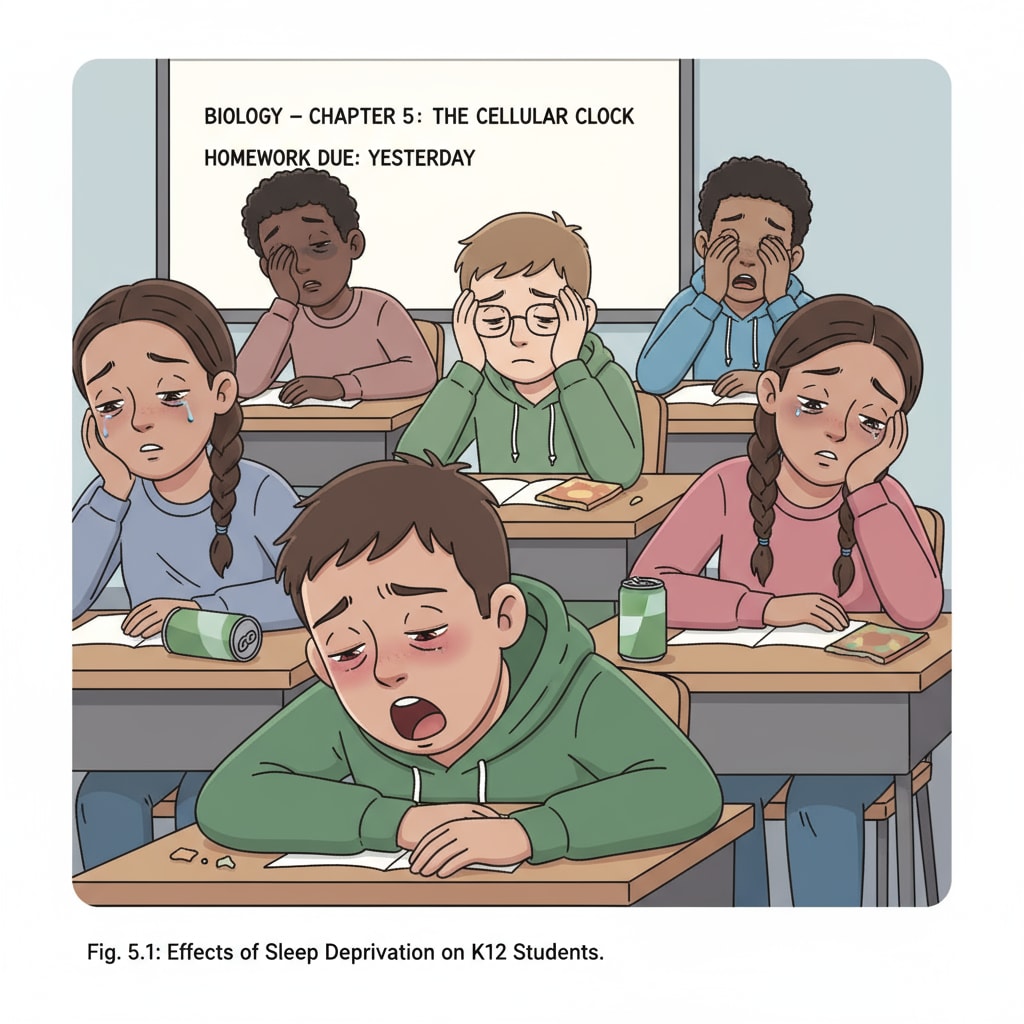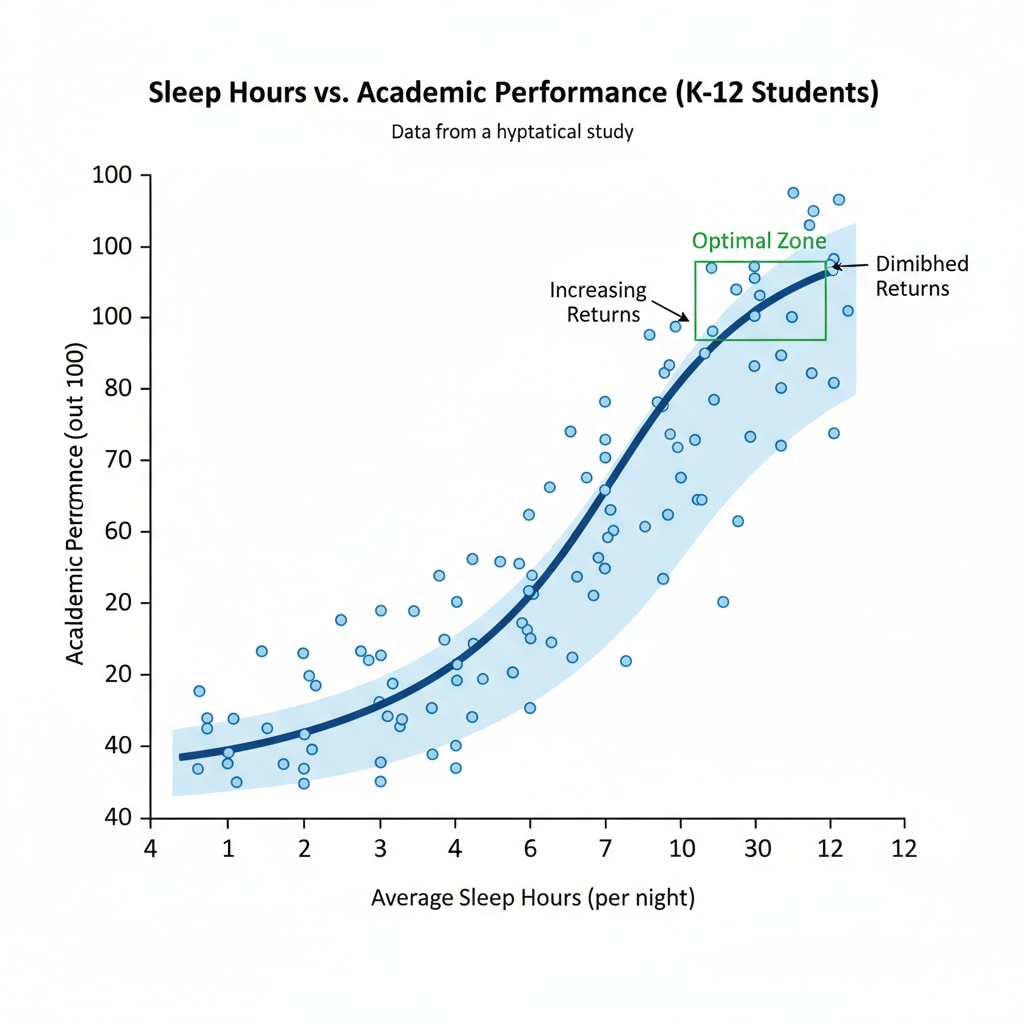Sleep deprivation, mental health, and autonomous decision – making are intertwined aspects that significantly affect K12 students. In the context of school life, these elements play a crucial role in a student’s overall development.

Adequate sleep is not just a luxury but a necessity for students to maintain good mental health and make autonomous decisions about their lives.
The Impact of Sleep Deprivation on K12 Students
Sleep deprivation among K12 students is a widespread issue. When students don’t get enough sleep, it directly impacts their cognitive functions. For example, they may have trouble concentrating in class, which leads to poor academic performance. According to the CDC, lack of sleep can also affect a student’s emotional regulation. Students who are sleep – deprived are more likely to experience mood swings, anxiety, and depression. This not only affects their mental health but also their relationships with peers and teachers.

Mental Health and Sleep
Mental health and sleep are closely linked. A good night’s sleep is essential for maintaining a healthy mind. When students are well – rested, they are better able to cope with stress. In addition, sleep helps in processing emotions. For instance, during sleep, the brain consolidates memories and emotions, which is crucial for a student’s mental well – being. Poor sleep quality, on the other hand, can exacerbate existing mental health issues or even trigger new ones. As stated by the American Psychological Association, sleep problems can be both a cause and a consequence of mental health disorders.
Moreover, students who are mentally healthy are more likely to make autonomous decisions about their sleep. They understand the importance of sleep for their overall health and are more likely to set healthy sleep routines.
Readability guidance: In this article, we’ve seen how sleep deprivation affects K12 students’ mental health. By understanding these connections, students can take steps towards making autonomous decisions about their sleep, which is crucial for their healthy development.


